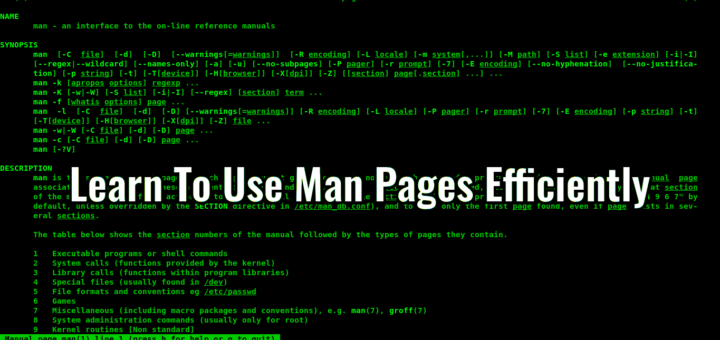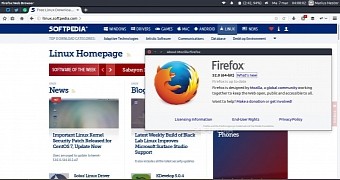Key Points
• Ubuntu’s LXD virtualization now works directly with Dell PowerFlex storage systems, removing performance bottlenecks
• Organizations can build modern, cost-effective infrastructure using open-source technology with enterprise support
• Direct integration eliminates middle layers, boosting speed and reliability for business applications
Canonical, the company that creates Ubuntu Linux, has announced an important new partnership with Dell Technologies. This collaboration brings together Canonical’s LXD virtualization technology with Dell’s PowerFlex storage systems. For everyday users, this means organizations can now run their computer systems faster and more efficiently.
The new partnership creates what tech experts call "native integration." This simply means the two systems can talk to each other directly, without needing extra software in between. Think of it like two people who used to communicate through a translator now speaking the same language directly. This direct connection removes delays and makes everything work smoother.
LXD is Canonical’s container and virtual machine manager that helps organizations run multiple applications on single computers. Dell PowerFlex is advanced storage software that helps businesses store and access their data quickly. When these two work together natively, companies see better performance and faster response times.
The technical benefits are significant. Without the usual middle layers, data moves faster and storage works more efficiently. This means less waiting time for business applications and more reliable service. Companies running important software can expect better performance from their existing hardware.
Cost savings are another major advantage. Organizations can modernize their computer systems using open-source technology instead of expensive proprietary solutions. This approach gives them enterprise-grade features while keeping costs manageable. The partnership also means better support options for businesses that need reliable technical assistance.
This development matters because it shows how open-source software continues to mature for business use. Canonical is proving that Ubuntu-based solutions can compete with expensive enterprise software. The partnership with Dell adds credibility and makes open-source infrastructure more attractive to large organizations.
The integration also demonstrates how Linux technology is becoming more user-friendly for businesses. Instead of requiring specialized knowledge, companies can now use proven solutions that work well together right out of the box.
For Ubuntu users and Linux enthusiasts, this partnership reinforces why open-source software matters in modern computing. It’s not just about saving money – it’s about having flexible, reliable technology that can adapt to changing business needs.
Organizations looking to upgrade their infrastructure should consider how open-source solutions like this can benefit their operations. The combination of Canonical’s software with Dell’s hardware creates a pathway for businesses to modernize without breaking their budget.
Upgrade your life with the Linux Courses on Udemy, Edureka Linux courses & edX Linux courses. All the courses come with certificates.








